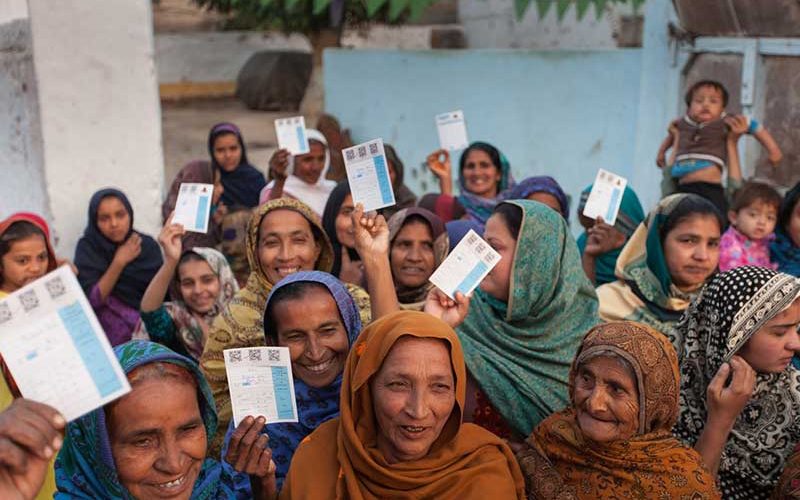
With an estimated 510,000 new TB cases each year, Pakistan ranks 5th highest amongst the high TB burden countries globally. Approximately a third of these cases fail to be diagnosed or treated and are “missed”, resulting in an increased rate of transmission and mortality.
With the intent to tackle this epidemic, the Indus Hospital and Health Network (IHHN) in partnership with Interactive Research and Development (IRD) as technical advisors initiated its work on TB in 2007. This initiative gradually gained momentum with a significant scale-up of activities in 2016 when IHHN and IRD in partnership collaborated with the National and Provincial TB Control Programs launched the ZERO TB initiative (Aao TB Mitao); a three-pronged approach to search, treat and prevent TB.
The program brought to the country innovative ideas and approaches to actively search for TB amongst the masses using Artificial Intelligence (AI), along with interventions targeted towards diagnosing childhood TB, contact management, and preventive therapy, as well as management of Drug-Resistant TB using innovative and customized treatment regimens (the use of new drugs such as Bedaquiline and Delaminid) for management of complex cases.
In 2016 program launched the first-of-a-kind mobile X-Ray vans equipped with digital X-Ray machines and AI aimed at providing access to TB screening to high-risk and underserved populations near their homes. By 2018, the initiative which began in Karachi was scaled-up to a national program using 55 mobile TB vans engaging over 40 public and private hospitals in Karachi, Peshawar, Quetta, Lahore, parts of rural Sindh and Punjab as well as Gilgit Baltistan.
Screening, diagnosis, and linkage to treatment for both adults as well as children was provided by trained teams of healthcare workers, nurses, and medical officers who not only worked in hospital settings but targeted at-risk populations such as prisoners, mine and factory workers, schools, HIV populations, crowded peri-urban and rural community setting known to be disease hotspots.
With this initiative, the Indus Hospital & Health Network and IRD partnership have been able to screen approximately 1.5 million individuals for TB using chest X-Rays, 3,550,995 individuals via verbal symptom screening, conducted approximately 350,000 GeneXpert tests, and diagnosed >50,000 adults for TB. The program also screened 812,470 children for TB of which 11,001 were diagnosed with TB and >90% provided treatment.
Through its Programmatic Management of Drug-Resistant TB initiative, the program established 11 Multi Drug-Resistant TB (MDRTB) clinics in parts of Sindh and Balochistan. These clinics provided comprehensive treatment and support to >8,500 Multidrug Resistant TB patients and their families.
A key initiative of the program has been active contact tracing of known TB patients and provision of TB preventive treatment to those carrying the infection. The program screened 37,690 contacts of known TB patients, of which 2% were found to have developed TB disease. Preventive therapy was provided to 25,977 contacts as well as high-risk populations such as prisoners and HIV patients.
With the Zero TB initiative, the Indus Hospital & Health Network and IRD aim to bring down the prevalence of TB in our country and its associated suffering and mortality by providing free of cost quality care to the masses.




